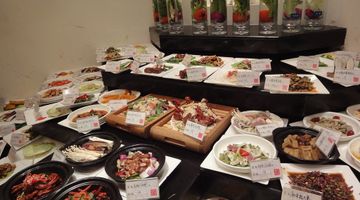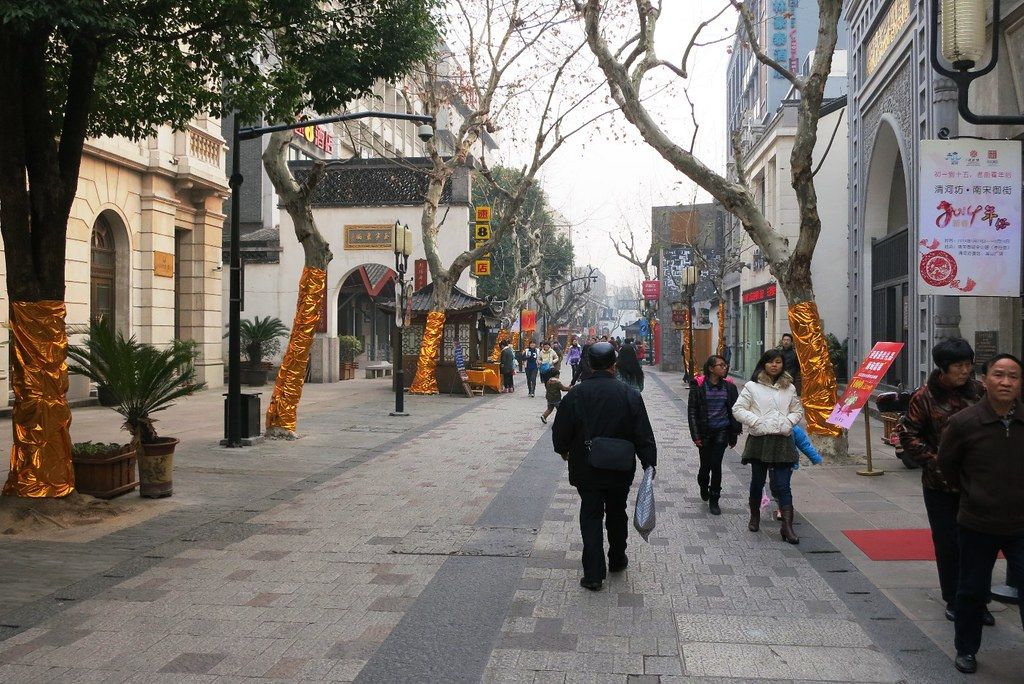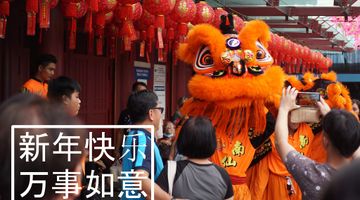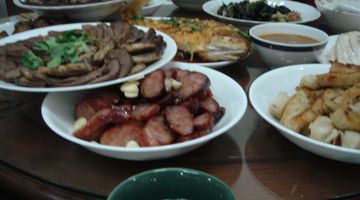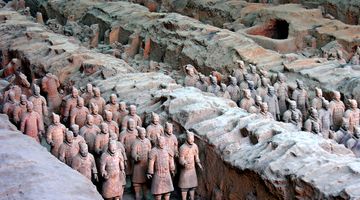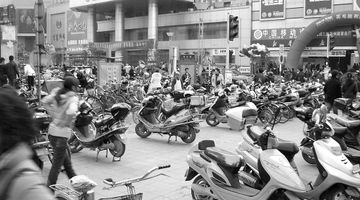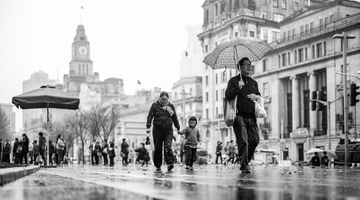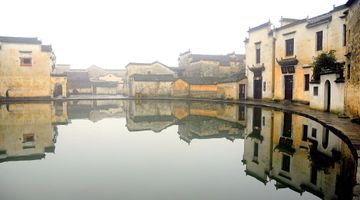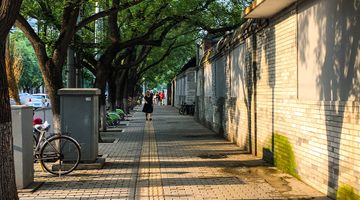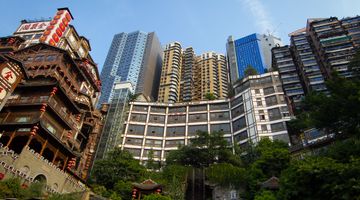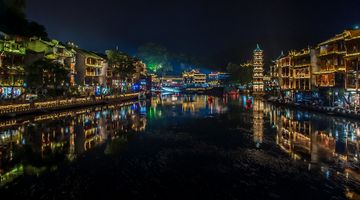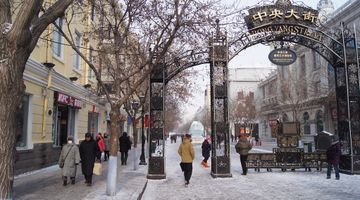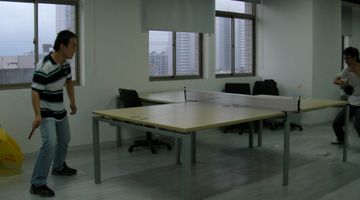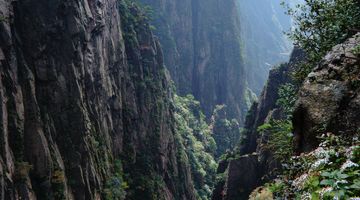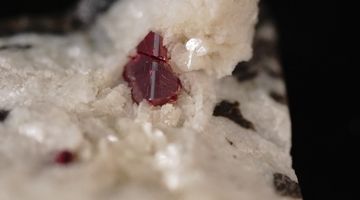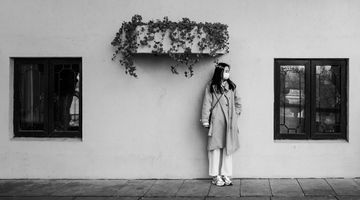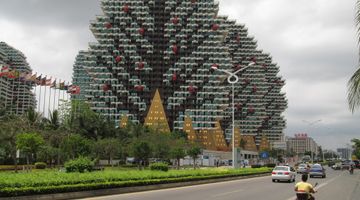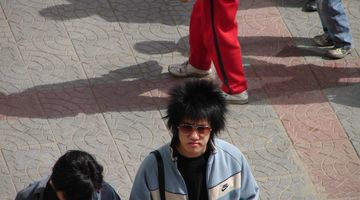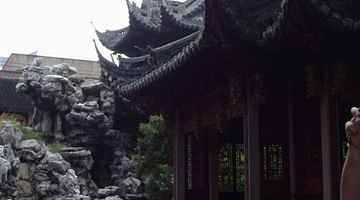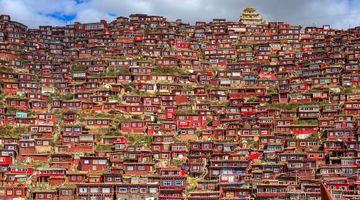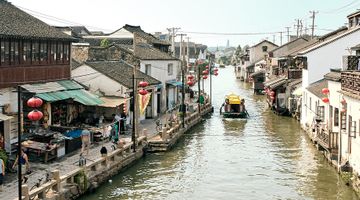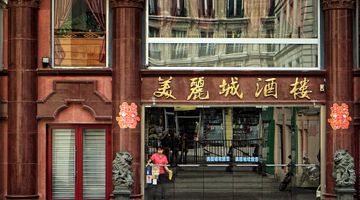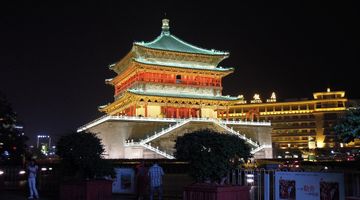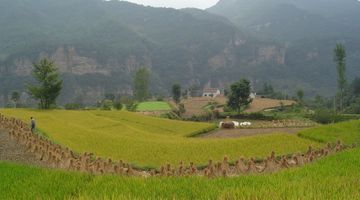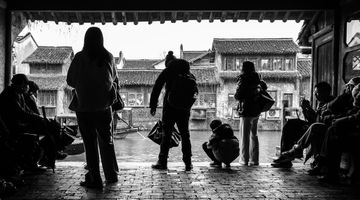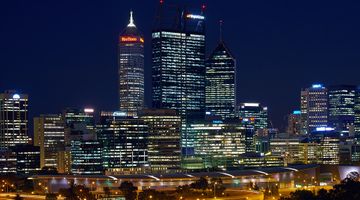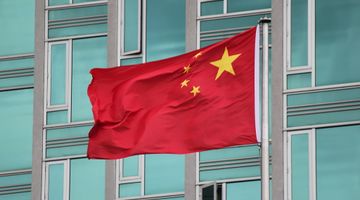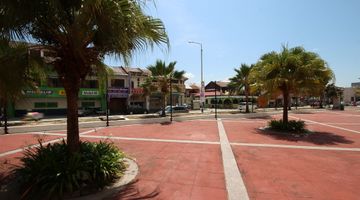Hangzhou China – Your Quick Travel Guide
In a nutshell
Hangzhou’s natural landscape attracts visitors from across the world. It’s a uniquely green city, and the blend between nature and civilization is something to behold. With the prominent West lake at its centre, Hangzhou is guaranteed to leave visitors with lifetime memories.
Why go to Hangzhou
You won’t find a city with more beautiful natural attractions in China. The West Lake is its biggest drawcard, and you can’t truly say you’ve been there until a visit. Apart from the lake’s discernible natural beauty (surrounded by huge green hills), there are tons of cultural attractions too. Come here to see the Leifeng Pagoda, or witness the must-see “Impressions of the West Lake” show. Hangzhou is also a city famous for it’s tea- take a short ride out of the city and spend the day in a serene tea plantation, sipping on the nation’s finest.
You’ll also find Hangzhou has a bustling food scene! We suggest you eat local, (avoid the Western restaurants, there are plenty back home). Small corner stores prepare delicacies from fresh, local ingredients. Go to Qinghefang Old street at night to eat, drink and socialize with the locals in a smoky feast of barbequed treats.
The accommodation prices are reasonable, and there’s a wide variety to suit everyone. With Hangzhou’s speedy subway and bus systems, getting around is a breeze. It’s the biggest city in Zhejiang province, so it’s incredibly well developed, and many tourism operators speak English.
When to go to Hangzhou
Hangzhou does get incredibly hot in summer, and winter is also cold! Therefore, the most popular time for tourists to visit is spring (March-May) and autumn (September - November). Be aware that there is the potential for typhoons in August-September, although serious typhoons are very rare.
Where to stay in Hangzhou
The most popular areas to stay are downtown and anywhere near West Lake. Luckily the accommodation in these areas varies greatly, so there’s a choice for everyone. You can find good backpackers joints- these generally have free WiFi, shared rooms and bathrooms with the option of a private room for a slightly higher price (100 RMB).
If you look around, it’s easy to pick up a fantastic deal for hotels. You could end up staying in a luxury 4-star hotel for less than 350 RMB. The mid-range hotels are affordable and usually offer top quality service and amenities (gym, swimming pools, on site restaurants).
The high end hotels rival the best in the world, however it’s wise to read the reviews- many offer the same services at vastly different prices, so don’t get ripped off.
What and where to eat in Hangzhou
The cheapest and arguably the tastiest are the little plastic chair corner stores preparing fresh local food-a bowl of noodles will cost you about 10 RMB. Amidst concerns over China’s food safety, the government’s taken steps to combat this. Restaurants should have at least a “C” rating, with A being the highest. If you don’t see a rating anywhere, avoid.
Qinghefang Old Street has the best street food in town.
There are some high-end Chinese restaurants that prepare local delicacies that will make your mouth water. Go to Wai Po Jia for some Dongpo braised pork.
Hangzhou has a large western population, so there’s many places that prepare Western food. Try out one of the Blue Frog bars for a great burger and craft beer.
How to get around Hangzhou
Metro: Hangzhou has a well-developed subway system with three lines currently operational (a further seven are under construction or haven’t been built yet). It has 78 stations, so lines will take you to most attractions. An average of 770,000 people use it every day, and it’s 117 km long. It’s very cheap- about 5-10 RMB for a ticket.
Bus: Slower than the metro but cheaper. Also, occasionally takes you to places the metro doesn’t reach. They generally operate between 5am-10:30pm. There are currently five super convenient tourist lines that take you to most notable sites. Pay around 1-3 RMB.
Taxi: the most expensive, but faster than a bus. Download the Didi app (it’s China’s Uber) and call a driver to your door. There are also marked city taxis whose meter begins at 11 RMB, at an extra 5.5 RMB per kilometre. Avoid unmarked taxis!
Hangzhou has bikes for rent (1 RMB) at almost every corner- a great way to beat the traffic!
How to get in and from Hangzhou
By plane
Hangzhou has one airport. From Xiaoshan International Airport to downtown Hangzhou is 27 kilometres, so remember it’s about a 1 hour bus trip costing 15 RMB. It’s not linked to the metro, but the busses are regular.
The airport offers flights to most of China’s cities, as well as a few international ones like Kuala Lumpur and Hong Kong. However, most international flights are to and from Shanghai’s airport. If you are connecting, flights from Beijing to Hangzhou cost around 1000 RMB, lasting 2h15m. From Guangzhou to Hangzhou will cost about the same price and is slightly shorter at 2h5m.
In the likely event that you are landing at Shanghai’s Pudong airport, you can take the high-speed train from Shanghai Hongqiao to Hangzhou East station. It only takes about 45 minutes, at 89 RMB. Take a bus for 45 RMB from Shanghai West Bus Station to Hangzhou South station. If you land after 20:00, you’ll have to take a taxi (2 hours/ around 800 RMB).
By train
China has one of the best high-speed rails in the world. The trains run regularly from city to city, and they’re fast (over 300 km/h!). Often, it’s faster and more convenient than air travel. The main station in Hangzhou is Hangzhou East Station, and there’s also Hangzhou Railway Station (10km from East Station), as well as South Railway Station.
These stations will connect you to all the biggest cities, as well as a host of smaller ones depending where you’d to go.
From East Station to Beijing will take about 6 hours, costing 545 RMB. Shorter trips are around 50-100 RMB
Although these trains may take longer than flying, they are usually cheaper. They stop operating at around 10pm and begin at 6 am.
By bus
Hangzhou has several bus stations, with busses adhering to a regular schedule transporting people across the country at affordable costs.
Central, East, South, West and North stations deliver passengers everywhere, from Qingdao in Shandong province, Shenzhen to the south, and Zhoushan to the East.
The Passenger Transport Central Station takes you to nearby cities like Shanghai, Hefei, Shaoxing, Ningbo and Wuzhen. However, it is relatively far from downtown, so rather choose South station. This has over 300 busses leaving it every day, taking passengers to Guangdong, Fujian and Zhejiang provinces.
If you wish to travel to Anhui, use West bus station.
By car
China’s road network is extensive so travelling by car is convenient. A number of inter province highways pass through Hangzhou.
Is Hangzhou a safe place to visit?
With regards to crime-there isn’t any.
Most police stations will have an English-speaking officer if anything does arise. Taxi drivers have a reputation of driving poorly-avoid unofficial vehicles, we recommend using DiDi, the Uber of China for a safe ride.
Hangzhou does have typhoons around August, so check your weather.
Choose a large hospital if you do get injured- they’ll have western medicine and English-speaking staff.
